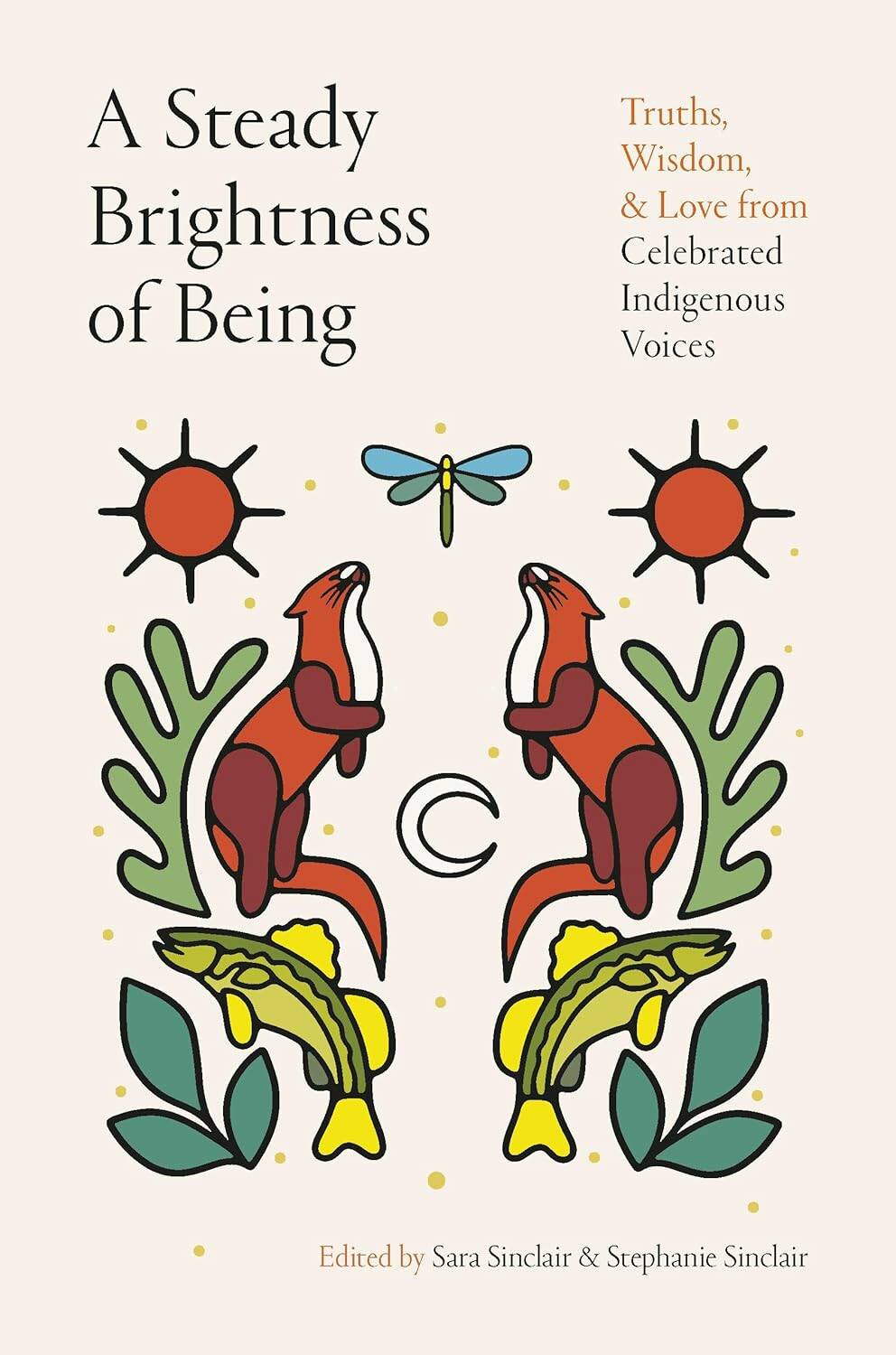Indigenous voices offer hope among heartbreak
Advertisement
Read this article for free:
or
Already have an account? Log in here »
To continue reading, please subscribe:
Monthly Digital Subscription
$0 for the first 4 weeks*
- Enjoy unlimited reading on winnipegfreepress.com
- Read the E-Edition, our digital replica newspaper
- Access News Break, our award-winning app
- Play interactive puzzles
*No charge for 4 weeks then price increases to the regular rate of $19.00 plus GST every four weeks. Offer available to new and qualified returning subscribers only. Cancel any time.
Monthly Digital Subscription
$4.75/week*
- Enjoy unlimited reading on winnipegfreepress.com
- Read the E-Edition, our digital replica newspaper
- Access News Break, our award-winning app
- Play interactive puzzles
*Billed as $19 plus GST every four weeks. Cancel any time.
To continue reading, please subscribe:
Add Free Press access to your Brandon Sun subscription for only an additional
$1 for the first 4 weeks*
*Your next subscription payment will increase by $1.00 and you will be charged $16.99 plus GST for four weeks. After four weeks, your payment will increase to $23.99 plus GST every four weeks.
Read unlimited articles for free today:
or
Already have an account? Log in here »
Discovering Indigenous voices in the written word in Canada was once a challenging endeavour. Fortunately, that’s changed — according to BookNet Canada, sales of Indigenous-focused books increased by 527 per cent between 2012 and 2022.
For those eager to learn more about Indigenous history, teachings and perspectives, the new anthology A Steady Brightness of Being is an absolute must-read.
The volume features 25 Indigenous writers in an exquisite collection edited by Sara Sinclair and Stephanie Sinclair. Using the medicine bundle as an organizing principle, the essays are categorized into quadrants: tobacco, sage, cedar and sweetgrass.

A Steady Brightness of Being
The book features celebrated authors such as Terese Marie Mailhot, Niigaan Sinclair, Waubgeshig Rice and Miss Chief Eagle Testickle, familiar voices such as katherena vermette and Premier Wab Kinew as well as some lesser-known writers ready to be discovered.
Many of the essays are written as a letter to an ancestor, a friend or relative, future generations or even to the nation itself. But one thing they all have in common is a desire to express hope, often born of heartbreak, compassion (even when the authors have received little) and the healing that comes from understanding.
In keeping with the theme of tobacco, which is the first and most sacred medicine often used to communicate with the spirit world, the collection opens with a powerful meditation on time and eternity from Terese Marie Mailhot. “We come from an innumerable landscape of light and dark,” she writes. “I believe we are divine — existing by chance, born from some giant red ancient star, set to earth: a fire with mission, catapulting light to form what compels us to keep going.”
Many of the essays offer Canadian readers a much-needed perspective about the parallel experience of those living across Turtle Island. In the words of Manitoba contributor Warren Cariou, it is one that is “weighed down by heavy history and a violent present and the prospect of erasure lurking always. The land is stolen; the land is there beneath our feet: that infuriating contradiction of colonial existence.”
Under the category of sage — known as a purifying cleanser and often used to remove negative energy — is a treatise from Cindy Blackstock, an internationally respected advocate for children who offers knowledge as a pathway to eradicating racism. “We all have an obligation to educate ourselves, because we were often denied the opportunity to learn about these experiences in school,” she writes. “But that lack of knowledge is what has allowed discrimination to persist. How can you fight against an injustice when you don’t know that it exists?”
The sweetgrass section offers the gentle, kind words of Waubgeshing Rice in a love letter to his great-great-grandchildren: “My dream is that you’re growing up in a world with Anishinaabemowin as your first language.”
In an essay about the nature of dreams and what it means to take care of one another, writer Jesse Wente states, “we deny our own humanity whenever we deny someone else’s.”
Yet for as much as the essays are unflinchingly honest and at times offering a hard truth, there is beauty and poignancy throughout the collection, inviting readers into an exploration toward reconciliation.
Perhaps most eloquently stated are the words of Niigaan Sinclair in an essay written in service to his father, the late Honourable Murray Sinclair: “We must take up the work of caring for one another as he cared for us — so we can live in a future that is better than the one we inherited.”
Rochelle Squires is an avid reader and book reviewer living in Winnipeg.


